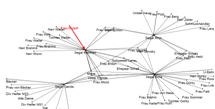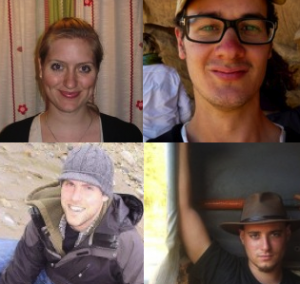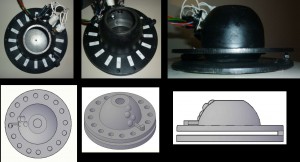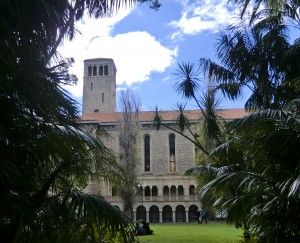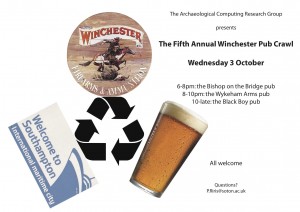
Winchester Pub Crawl
On Wednesday 3 October the ACRG will host its fifth annual Winchester pub crawl. In good tradition this will be a night of celebration and drunkenness to welcome our newest colleagues to the department. Everyone is welcome and we definitely want to encourage all ACRG people to come along on this first ACRG social of the year.
Please contact Phil Riris if you have further questions.
Continue reading →


